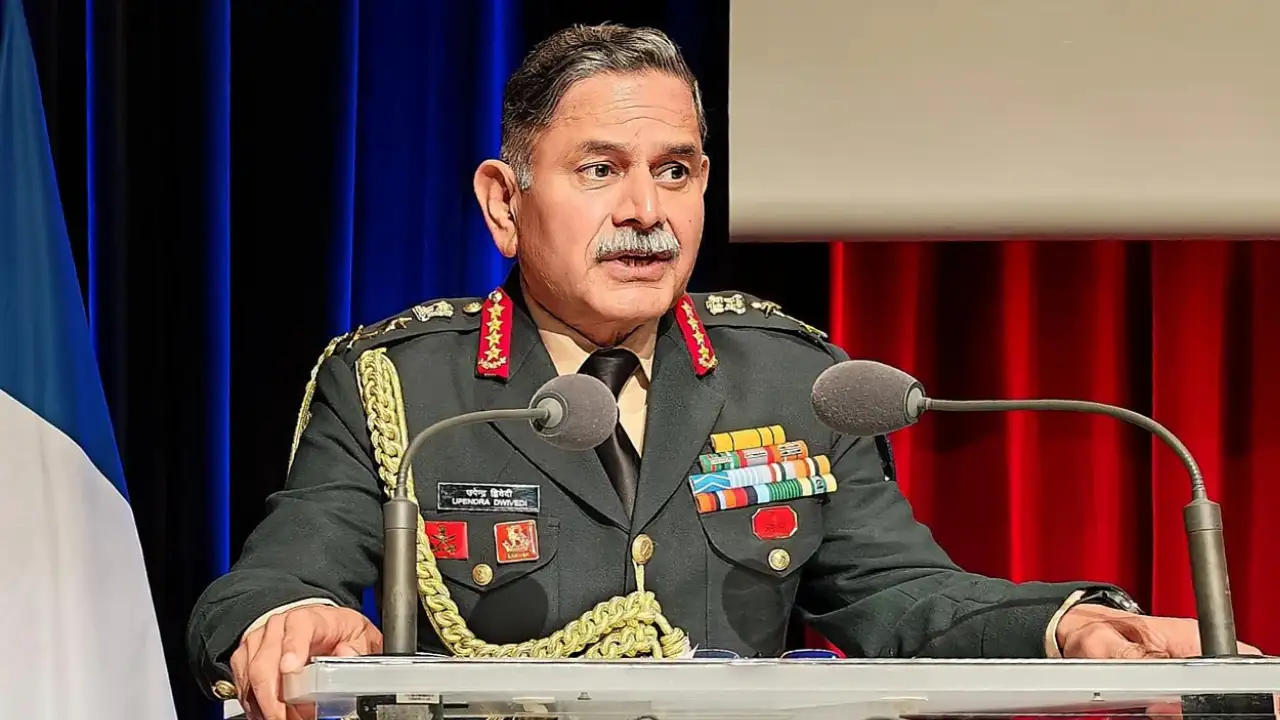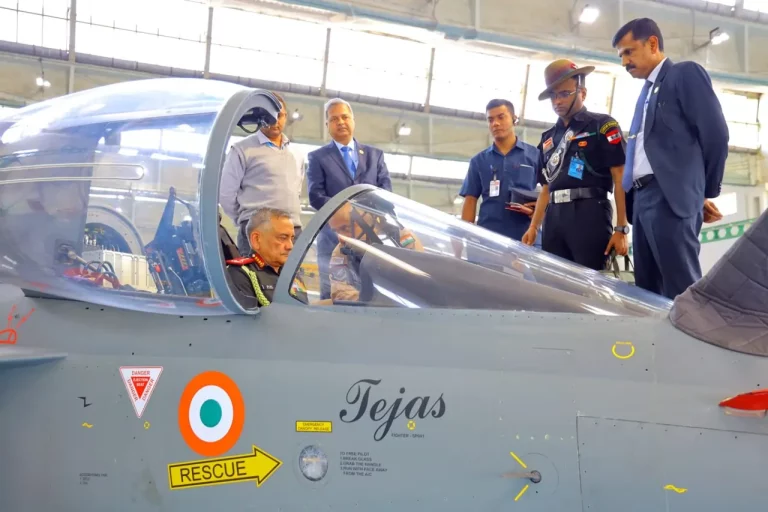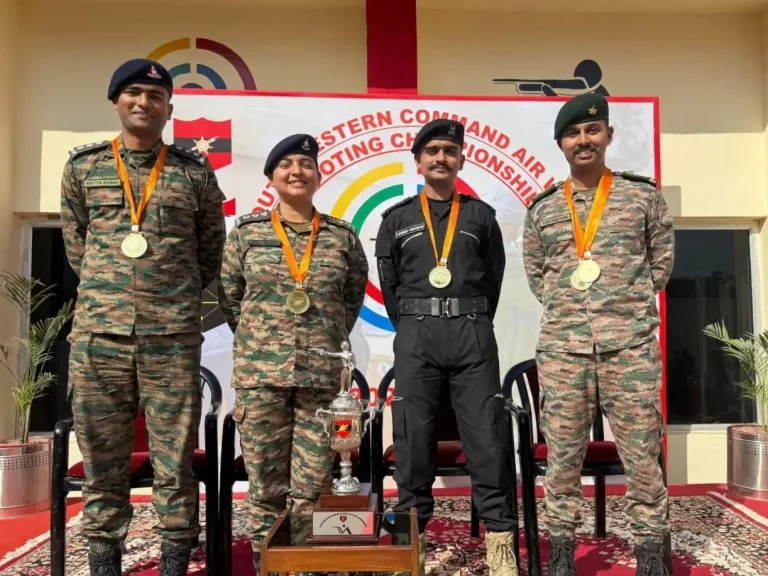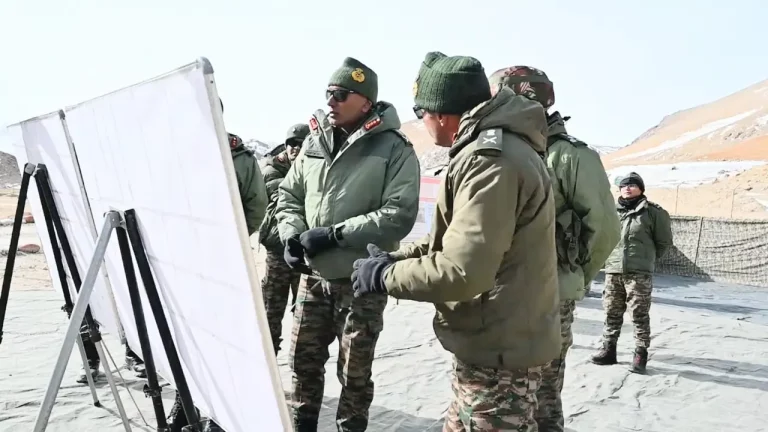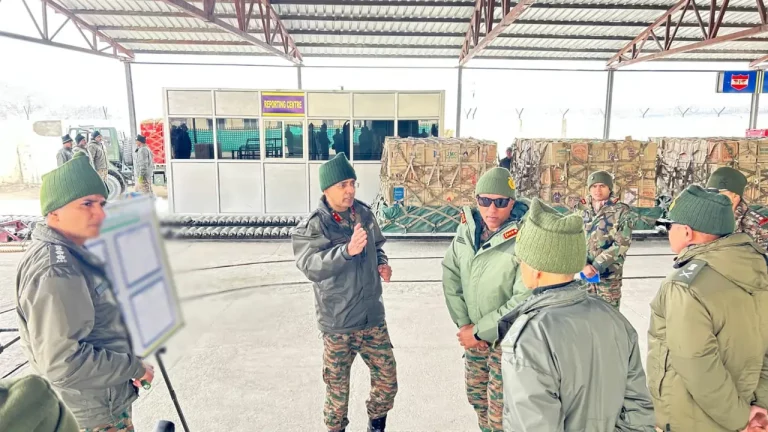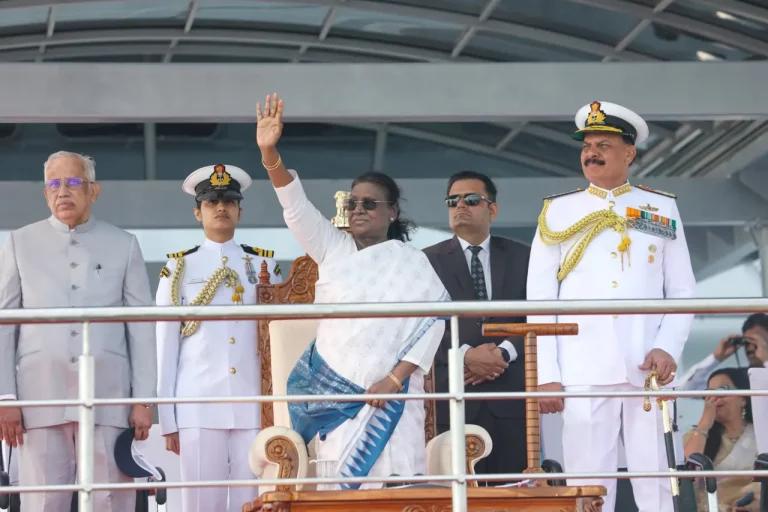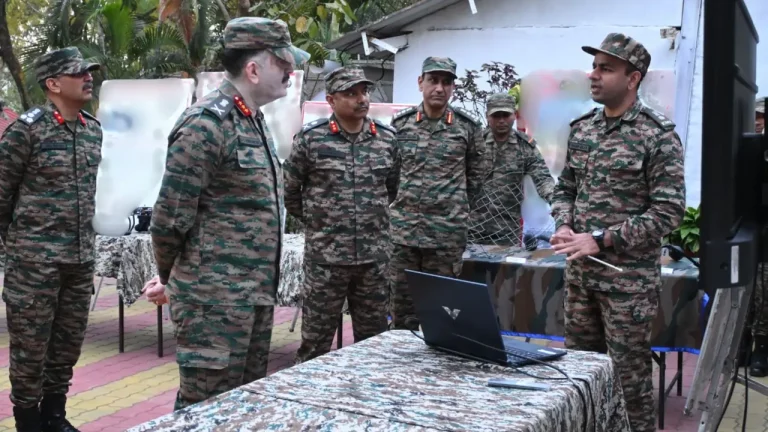In a recent address at the 52nd National Management Convention held at Taj Palace, New Delhi, Chief of Army Staff (COAS) General Upendra Dwivedi emphasized the crucial role of land forces in contemporary warfare. He articulated that control over territory is fundamentally the key to achieving victory, particularly within the complex strategic landscape that India navigates.
General Dwivedi commented, “In India, since we have two-and-half-front threats, land will remain the currency of victory.” This statement underscores the Army’s perspective that despite advancements in military technology and shifts in combat dynamics, ground forces continue to play a pivotal role in securing national interests.
He drew connections to recent international events, specifically referencing the discussions from the Alaska summit between U.S. President Donald Trump and Russian President Vladimir Putin concerning the ongoing Ukraine conflict. The focus of their talks, as General Dwivedi noted, highlighted the significance of territorial control, underscoring that outcomes in modern conflicts often revolve around land exchanges.
The General’s remarks stand in contrast to those made by Air Chief Marshal AP Singh, who recently stressed the primacy of air power following Operation Sindoor. General Dwivedi’s comments, while acknowledging air capabilities, reinforced the Army’s position of prioritizing land dominance, a decisive factor that remains critical in the multifaceted theatre of operations.
Moreover, General Dwivedi addressed the evolving nature of warfare in the 21st century. He highlighted the Indian Army’s ongoing efforts to integrate innovative technologies as part of broader transformation initiatives. This aligns with the Army’s vision of adapting to future challenges while enhancing operational readiness.
In a strong endorsement of joint operations, the Army Chief reiterated the need for theaterisation, which he believes is essential for achieving operational effectiveness. He stressed that collaboration across various security and civil agencies—ranging from the Border Security Force (BSF) and the Indo-Tibetan Border Police (ITBP) to cyber and space defense units—is crucial. Emphasizing the importance of unified command, he stated, “You need one commander to achieve coordination in execution. Theaterisation is absolutely necessary.”
General Dwivedi’s comments reflect a strategic outlook that not only emphasizes the enduring importance of land forces but also advocates for a cohesive approach to national defense, which is vital for addressing the complex security challenges faced by India.
